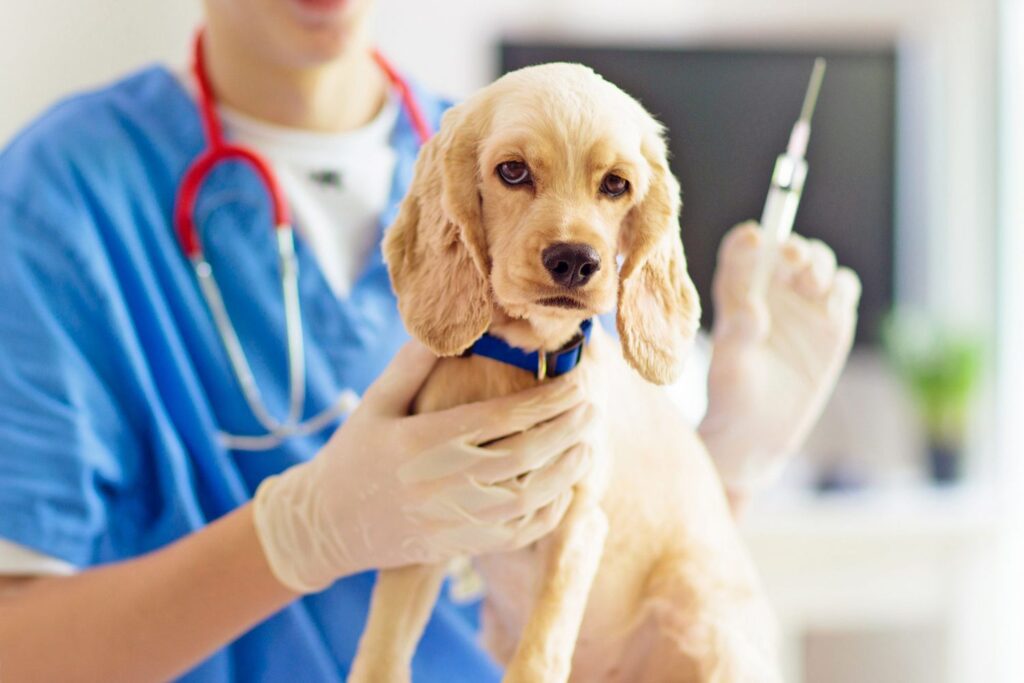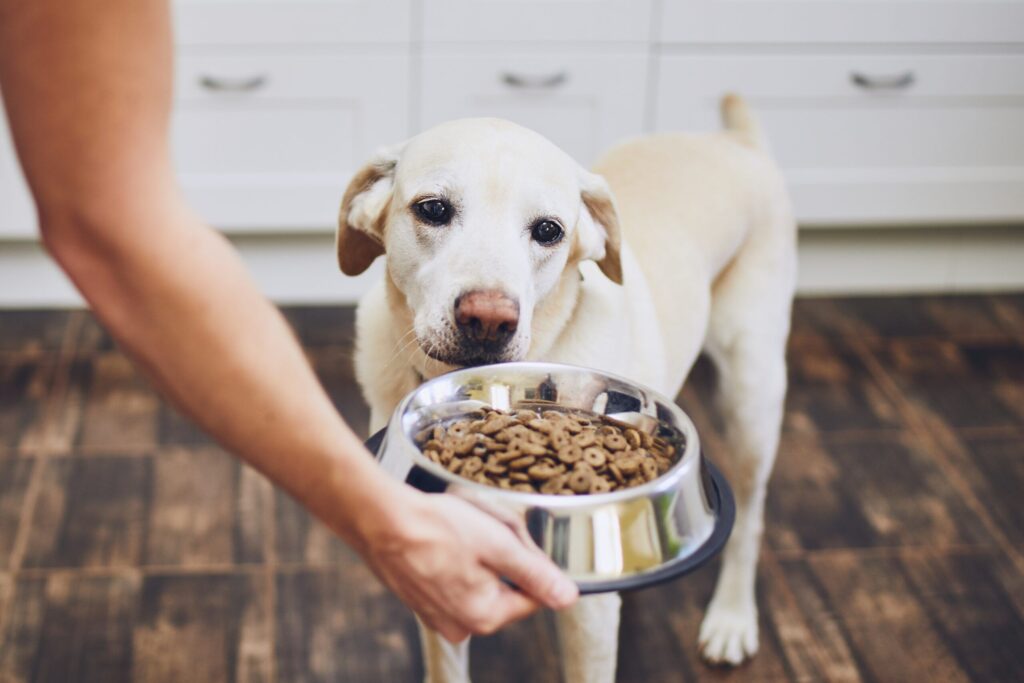Bringing your pet Home
Bringing a new pet home is SO exciting! We want you to fully enjoy your new little furry friend. Below I created a guide for what you will all need to know for your new pet!
CRATE TRAINING

Be alert for signs that the puppy or kitten has to go to the bathroom, such as sniffing and circling. Take your puppy outside immediately. If they go, praise them. Never punish an accident. They won’t understand and may learn to go to the bathroom when you are out of sight.
We recommend housebreaking your puppy by using a crate. Dogs avoid going to the bathroom near their eating and sleeping areas, so they will by instinct try to keep their den (crate) clean. Keep your puppy in the crate whenever you are not directly supervising them.
Take them out the same door and to the same spot every time. This will create a Potty for Life spot. Be patient and consistent.
Potty Schedule example:
– First thing in the morning
– After eating
– After drinking
– After napping
– Before bed
-Once in the middle of the night
*Take the puppy outside every 2 1⁄2 hours, 1⁄2 hour after eating, and once during the night.
Once again, be patient and be consistent!
As your puppy begins to recognize the schedule, it becomes easier. Potty training can be done in 3-4 weeks depending on how the puppy responds to its training.
VACCINATION AND DEWORMING

Although medical programs may vary per breeder or small animal clinic, we follow the vaccination and de-worming schedule recommended and approved by our veterinarian.
Vaccination Schedule
Our adult dogs receive vaccinations annually. If regular vaccination time falls during the heat cycle or pregnancy, our dams (mothers) receive their annual booster before conceiving or after puppies are weaned. To ensure our puppies receive excellent immunities from their mother, we prefer to vaccinate a few weeks before breeding. Our adults are thoroughly examined and approved by our vet annually.
There are standard vaccines that each dog should have and additional vaccines that may be administered depending on the region or lifestyle of each dog.
Please consult with your veterinarian for their recommendation.
FEEDING SCHEDULE

What goes into the mouth of your puppy will greatly influence how your puppy feels, looks, weighs, and how much they excrete.
I have chosen to feed my parents and puppies Native from Kent Feeds. Native is approved by our vet and we find the quality and customer support from Kent Feeds to be acceptable to our program.
I will provide a FREE puppy kit to all of our families including a food sample pack so that you can continue feeding this to your pup or use it to help transition to a brand of your choice.
The dry is nutritionally complete by itself and the dogs and puppies love it. When pregnant or nursing, my mothers will eat up to 4x what they would eat in a nonpregnant state. Eating better quality food keeps them in shape, returns a weaned mother into shape quicker, and supports their nutritional needs while pregnant and nursing pups.
My puppies begin eating dry puppy food at 3 weeks of age or when their teeth emerge. I usually begin feeding warm water-soaked puppy formula that is a “cooked oatmeal” consistency for the first few weeks. The pups will eat soaked puppy formula once or twice per day as well as a nurse from their mother.
Once weaned, the pups are already used to eating puppy food so the transition is easier on them and mom. Dry food is provided 24/7 and they are allowed all they can eat.
When your puppy comes home it will require about a ¼ cup of dry food 4 times daily.
NOTE: Your puppy needs to eat regularly.